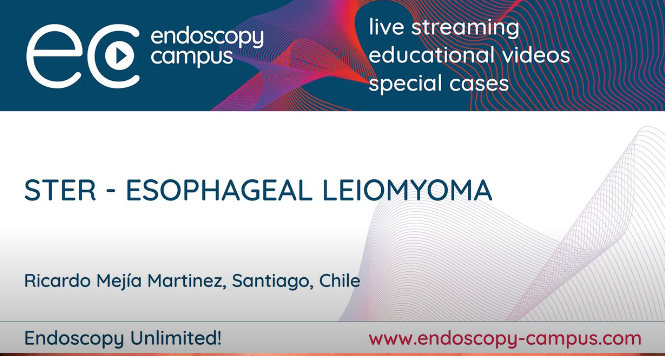Antireflux Surgery Is Associated With a Low 90-Day Mortality Rate in Patients With GERD
Prateek Sharma, MD, FASGE, reviewing Yanes M, et al. Gastroenterology 2021 Feb 13.
Laparoscopic antireflux surgery (ARS) is an effective treatment for patients with well-documented gastroesophageal reflux disease (GERD). In this retrospective cohort study, investigators used national databases from 5 Nordic countries to determine the 90-day mortality, readmission rates, and length of hospitalization after primary laparoscopic fundoplication (PLF) and secondary ARS (laparoscopic or open surgery after PLF).
During the years 2000 to 2018, 26,193 patients underwent PLF (median age, 50 years; 47% male; 85% had Charlson Comorbidity Index [CCI] 0) and 1618 patients underwent secondary ARS (median age, 53 years; 43% male; 79% had CCI 0). The rates of absolute all-cause 90-day mortality and reoperation, as well as the median length of hospital stay (LOS) for PLF were 0.13%, 3%, and 3 days, respectively. The rates were similar with secondary ARS at 0.19%, 6.2%, and 4 days, respectively.
The 90-day mortality after PLF was significantly higher in older patients (aged 56-80 years vs 18-42 years: odds ratio [OR], 2.66; 95% confidence interval [CI], 1.03-6.85) and those with more comorbidity (CCI ≥2 vs 0: OR, 6.25; 95% CI, 2.42-16.14), whereas higher hospital surgical volume suggested a lower risk (highest vs lowest tertile: OR, 0.58; 95% CI, 0.22-1.57). Patient comorbidity was the only factor associated with an increased risk of reoperation after PLF (CCI ≥2 vs 0: OR, 1.47; 95% CI, 0.97-2.23 and CCI 1 vs 0; OR, 1.29; 95% CI, 1.05-1.58). Prolonged hospital stay (>1 day longer than median LOS) was seen in 20% and 29% of patients after PLF and secondary ARS, respectively. Older age (OR, 1.48; 95% CI, 1.37-1.61) and female gender (OR, 1.09; 95% CI, 1.02-1.16) were associated with a higher risk of prolonged LOS, and hospital volume was associated with a lower risk of prolonged LOS (OR, 0.74; 95% CI, 0.67-0.80).

COMMENTThis multinational registry-based study shows that the risk of 90-day all-cause mortality after antireflux surgery is low and, as anticipated, the rates are higher in older people and those with higher comorbidity. High hospital volume is associated both with a lower mortality rate and reduced length of stay postoperatively. These are important figures that can inform decision-making during discussions about treatment options for the management of GERD.
Note to readers: At the time we reviewed this paper, its publisher noted that it was not in final form and that subsequent changes might be made.
CITATION(S)
Yanes M, Santoni G, Maret-Ouda J, et al. Mortality, reoperation and hospital stay within 90 days of primary and secondary antireflux surgery in a population-based multinational study. Gastroenterology 2021 Feb 13. (Epub ahead of surgery) (https://doi.org/10.1053/j.gastro.2021.02.022)


